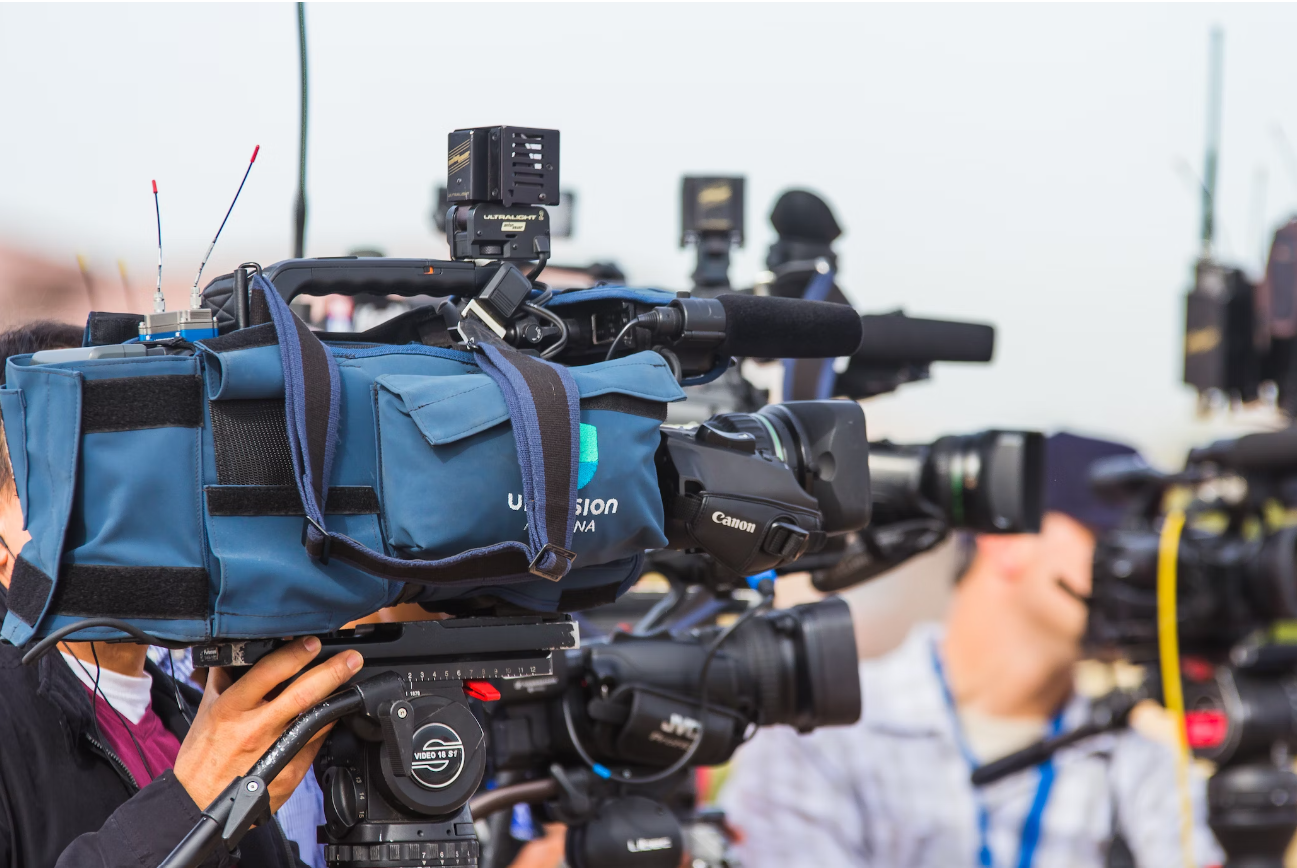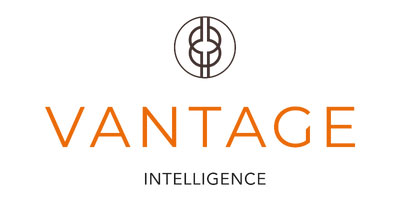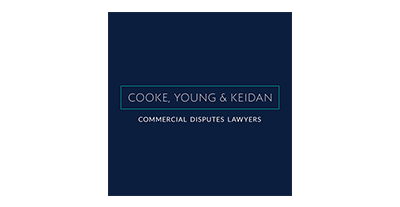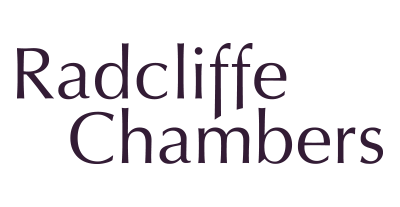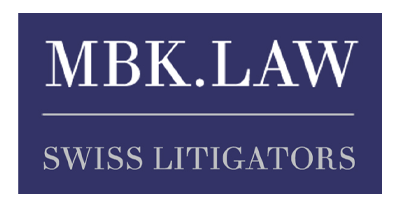Knowledge Hub
Join the Conversation!
Impartial and independent, ThoughtLeaders4 FIRE Knowledge Hub hosts cutting edge industry content and insight.
Email maddi@thoughtleaders4.com to submit content.
‘Managing’ The Press in a High Profile Dispute - Is “No Comment” An Option?
Date: 27/11/2023 Type: Articles Topic: Private Client | Investment and HNWI’s |Kathryn Adamson, Founding Director of LegalComms Ltd; a litigation PR, corporate and crisis communications consultant specialising in the legal sector.
You don’t have to be famous to attract the press – fights between the wealthy make good headlines and click bait too…
- Litigation media management is a whole different skillset that broad based PR. Many media relations experts have excellent contacts in the media and a deep understanding of the news agenda and how to get on or off it. Preparing a media strategy before a high profile matter is very different. Sometimes having a headline in the press could help a case. Sometimes it could harm the case. Assessing this takes experience and understanding of the courtroom, the legal strategy and the types of press that cover courts.
- Technically you can’t ‘manage’ the media but you can engage and be helpful so as not to make enemies of them. They usually get the last word (and very publicly) so it is best to treat them as you would any other professional.
- If a media or PR advisor is appointed, they can only give the right advice if they are an integral part of the legal team, updated frequently. The legal strategy must always come first so the media advisor should be savvy to court proceedings and use their media experience to assess risk before any statement might be made. Equally, they can then accurately assess the risk of ‘no comment’.”
- Be wary if you want to use your in-house law firm PR advisors for your client; their relationships with legal and other press are curated with a different objective; managing the firm’s reputation and profile. Be careful not to put these relationships at risk with a dispute that may conflict your internal PR team.
- A key lesson often learned the hard way is that that once you decide to engage with the media, if things turn against your client, you can’t turn the media spotlight off. This risk should be assessed as part of the media strategy well before the hearing.
- Judges quite rightly do not like seeing their cases played out in the press or court of public opinion. The court process is serious, structured and formal for a reason. However, even if you choose not to pro-actively engage with the press, it might be useful to have a media adviser closely monitor who is attending court and make sure at the very least, what is being reported is accurate. Providing ‘corrections only’ to the media is a potential strategy. However, it’s almost always better to correct before its published rather than be on “clean up” mode.
- Not engaging at all with the media is an option, but one I rarely would advise. Journalists have a job to do, they are just trying to get the story, the facts; they don’t go to work to write something that is wrong. I know many lawyers that are highly suspicious of the press and prefer not to engage. This is perhaps missing a trick. Proper engagement with the press can be a crucial part of the dispute strategy.
- Litigators are officers of the court and rightfully should be careful about direct press engagement. However, the media advisor can still be helpful to the press and point them to other people outside of the case that may be able to give background or expert knowledge about the parameters or technical aspects of the case.
- Journalists are busy. Always on deadline. Sitting in court every day is an unlikely luxury for them to gather all the information. You can choose to work closely with a trusted journalist or provide key information to all via press statements. If you choose to engage with the press, it is helpful to send copies of the skeleton arguments. Also, giving the journalist a heads up on key dates when the trial will have interesting moments so they don’t miss them or ‘waste’ days on administrative parts of the hearing.
- When there is a judgement, take the time to note the page and reference points that you may want your media relations advisor to send to the press that have been covering the story – it is unlikely every journalist will take the time to read the whole judgement. Again, saving them time, and pointing to good soundbites they might want to reference in their coverage is appreciated. And it will help them get the story right, and out fast; speed counts in the media.
Author
Kathryn Adamson - LegalComms
Our FIRE Corporate Partners








